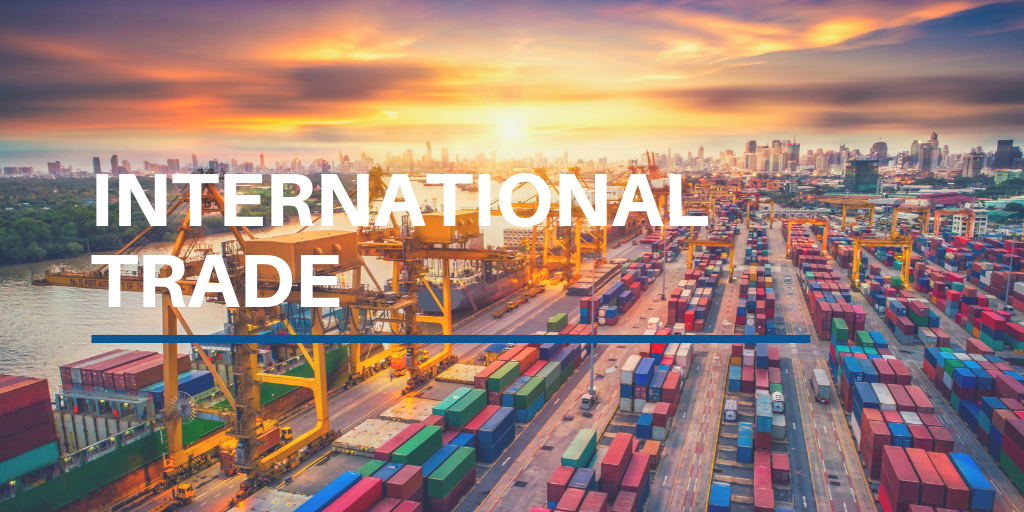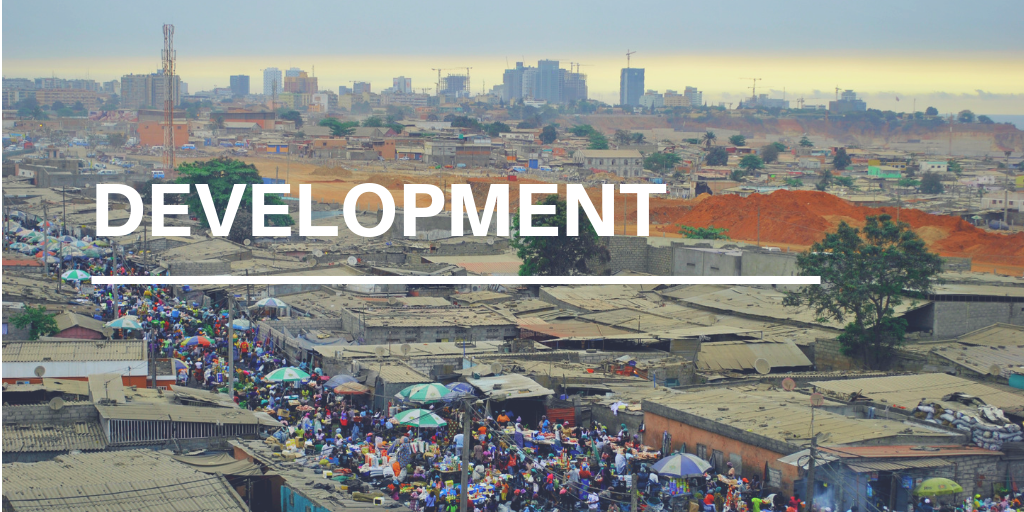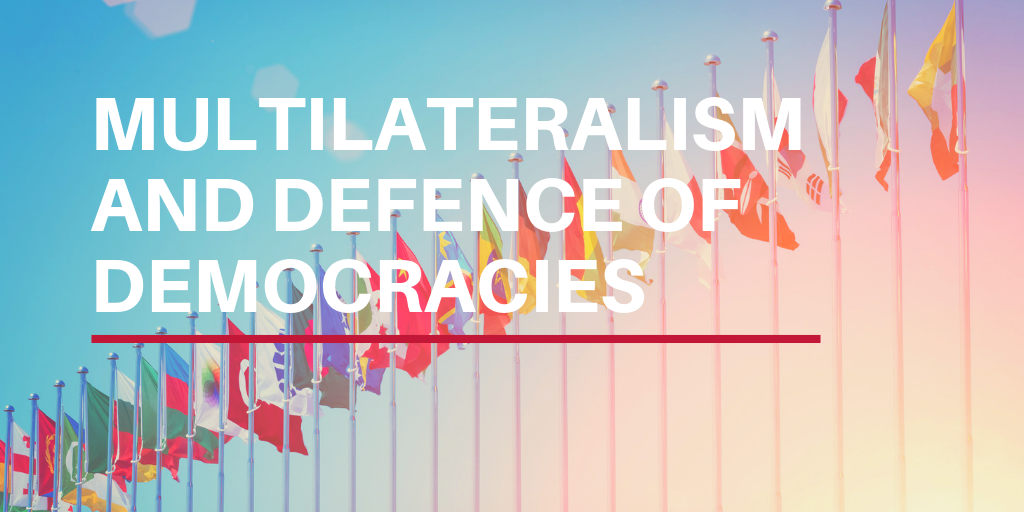
G7 2019: Ifri leads the engagement group "Think Tank 7"
The Think Thank 7 (T7) is an engagement group that brings together the leading Think Tanks from the G7 countries in order to analyze and make recommendations on key issues of the G7 presidency.
In 2019, the French Institute of International Relations (Ifri) holds the T7 Presidency and organizes its summit on June 5 in Paris. In addition to the Think Tanks of the seven countries, Ifri involve African and European Think Tanks.
Three topics will be mainly discussed: international trade, development, but also multilateralism and defense of democracies. A short paper on each topic will be written by its French leader and then discussed with the Think Tank partners. The outcome of this meeting will be translated into a short recommendation paper for the G7 presidency.

International trade is one of the themes that used to constitute the very raison d’être of the G7, alongside international security and energy policy.
The G7 approach to trade has been traditionally based on a set of key principles on which all member countries could agree, namely the commitment to fight protectionism and the prominence of the rules-based multilateral trading system, anchored in the WTO. But today these principles are increasingly under attack, with substantial risks for the world economy.
In order to rekindle interest in a multilateral approach, the G7 could call for rules which would better take into account:
- The new forms of international competition (rising role of services, investment and technology in particular) ;
- The way some economies, primarily emerging economies, operate ( role of state-owned enterprises, of public subsidies and other discriminatory practices) ;
- The rising weight of emerging economies in international trade and the need to redefine the distinction between developed and developing economies;
- The importance of social and environmental norms as well as the potential contribution of international trade to sustainable development.
Under the direction of
French Institute of International Relations (Ifri)
French Research Center in International Economics (CEPII)
With the participation of
Canada: Centre for International Governance Innovation (CIGI)
Europe: Bruegel
Germany: Kiel Institute for the World Economy (IfW)
Italy: Institute for International Political Studies (ISPI)
Japan: Canon Institute for the Global Studies (CIGS)
United States of America: Peterson Institute for International Economics (PIIE)

Inequalities and vulnerabilities: what are the connections, the bonds between these two concepts? How should the G7 countries’ development policies be aligned?
To what extent development policies led by G7 members can foster the reduction of inequalities between countries and address the roots of inequality between individuals?
Understanding the unequal opportunities between countries implies to take into account their vulnerabilities. This is especially the case for the Sahel region that faces a lot of challenges, with its future at stake: the demographic booming, the adaptation to extreme weather conditions and to the climate change, the social issues (lack of access to education and health, food insecurity) or the lack of economic opportunities especially among the youth. The Sahel States are often struggling to provide sufficient answers to these long-term challenges, due to the accumulation of vulnerabilities.
Therefore, it seems crucial for G7 donors and partners to help them dealing with these vulnerabilities. But what are the political goals and the motivations of the G7 members regarding these issues? Are the G7 members coordinated to tackle these problems? What are their concrete behaviors on the spot? These many questions deserve to be asked.
Inequalities within a country are primarily to be addressed on a national scale through redistributive policies, which can be bolstered by development cooperation and the provision of technical support. Nevertheless, the bonds between cooperation policies and the struggle against inequalities within a country are still ambiguous. How can we define precisely the connection between these two concepts?
Under the direction of
Foundation for Studies and Research on International Development (FERDI)
Institute for Sustainable Development and International Relations (IDDRI)
With the participation of
Europe: European Centre for Development Policy Management (ECDPM)
Germany: German Development Institute (DIE)
Ghana: African Center for Economic Transformation (ACET)
Italy: Institute of International Affairs (IAI)
Japan: Japan Institute of International Affairs (JIIA) & JICA Research Institute
Morocco: Policy Center for the New South (PCNS)
United Kingdom: Overseas Development Institute (ODI)
United States of America: Center for Global Development (CGD)

Concerns by states, but also by the public, over their lack of effectiveness as well as over their deficit of legitimacy have brought contest and eroded the support for the Institutions and norms that constitute global governance. Some even consider that interdependence and cooperation, both promoted by global governance, produce a loss of control over our collective destiny. What is driving this evolution ? What are its global consequences, both in terms of the growing competition between great powers and of those collective responses demanded by common challenges? Looking at the G7 countries themselves, which is the nature and the magnitude of the foreign threats over their democratic systems ? And if status quo cannot be an option, which reforms would allow global governance to respond to the challenges we are currently facing, which the G7 could initiate ?
Under the direction of
European Council on Foreign Relations - Paris Office (ECFR)
With the participation of
Canada : Laval University
Ethiopia: Institute for Peace and Security Studies (IPSS)
Europe: European Council on Foreign Relations (ECFR)
Germany: Global Public Policy Institute (GPPi)
Italy: Institute for International Political Studies (ISPI)
Japan: The Genron NPO
United Kingdom: Royal United Services Institute (RUSI)
United States of America: Atlantic Council


